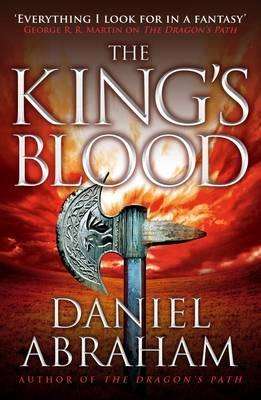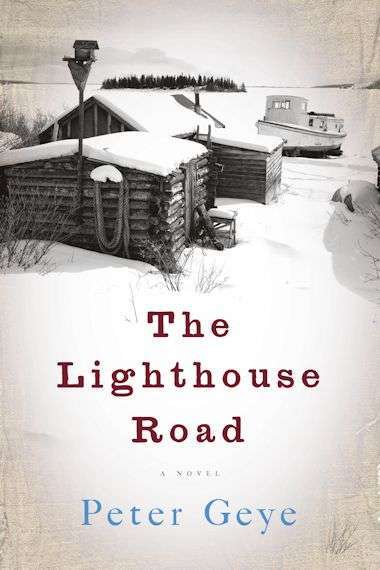Ship Fever: Stories, by Andrea Barrett
It’s been called the Oscars of the book world, and indeed, in recent years the National Book Awards have become a glittery, red carpet affair, with a press box, photographers, and a ballroom full of candlelit tables and white coated waiters at Cipriani’s. And yet, the NBA (on Twitter, the initials can be confused with the other, better known NBA), is the most prestigious, if less known literary award on the American landscape. But so far as I know, there are no comparable literary events that can be viewed on television, via C-span’s BookTV, and as this year’s award ceremony was last night, or appear as a trending topic on Twitter—which last night’s awards did also—after Toni Morrison and Maya Angelou took the stage in a thrilling opener to the 2013 ceremony. And in case you missed it, you can view last nights results here.
It seems fitting to look back at one of my favorite NBA selections in fiction, Andrea Barrett’s story collection, Ship Fever, which won the award for fiction in 1996. The stories in this luminous collection run from historical to contemporary settings, yet there is an essential and unifying voice regardless of the era the author portrays. Like Jim Shepard and Robert Olen Butler, authors whose work also spans historical time, place and voice, Barrett’s essential prose style is crisp, clean and highly intimate in tone.
The settings are as varied as the eras: greenhouses, laboratories, an immigrant hospital in Quebec, a marine research station, all of which connect to the collection’s unifying subject: science, its practitioners, pioneers and scholars of the natural world.
The historical figures in Ship Fever include Gregor Mendel, whose nineteenth century experiments in the hybridization of peas forged the science of genetics. In Barrett’s hands, Mendel’s research (“The Behavior of the Hawkweeds”) becomes an elegant counterpoint to the experience of a contemporary narrator, the wife of a genetics professor who regularly lectures on the pioneer’s work. “The English Pupil” centers on the Swedish naturalist Carl Linnaeus, whose theory of classification formed the basis of the first naming system of plants, animals and minerals. Linnaeus, now aged and dying, his “once famous memory eroded by strokes,” travels one winter afternoon to his country house outside Uppsala, the once indefatigable cataloger hobbled by stroke:
His mind, which had once seemed to hold the whole world, had been occupied by a great dark lake that spread farther every day and around which he tiptoed gingerly. When he reached for facts they darted like minnows across the water and could only be captured by cunning and indirection.
Among the contemporary subjects in this collection, “The Littoral Zone” is one of the best. In present and past threads, it charts the lives of Jonathan and Ruby, who as young marine biologists meet on a research station off the New Hampshire Coast and begin an affair. Both married to other people, both with families, they return home, and in time divorce their spouses and marry. It’s a story of regret, told in hindsight decades later, a story about the stories we tell ourselves, about memory and desire and the torment of a choice that may not have been the right one:
They can’t remember, now, whether Gunnar’s endless lecture came before Carol Dagliesh’s filmstrip on the herring gulls, or which of the students tipped over the dissecting scope and sent the dish of copepods to their deaths. But both of them remember those days and nights as being almost purely happy. They swam in that odd, indefinite zone where they were more than friends, not yet lovers, still able to deny to themselves that they were headed where they were headed.
If Barrett’s feat of voice in these stories weren’t enough, she also subtly links the stories to one another. The effect is one of a detailed map, or a carefully considered equation. You can read Barrett’s acceptance speech here.
—Lauren Alwan


